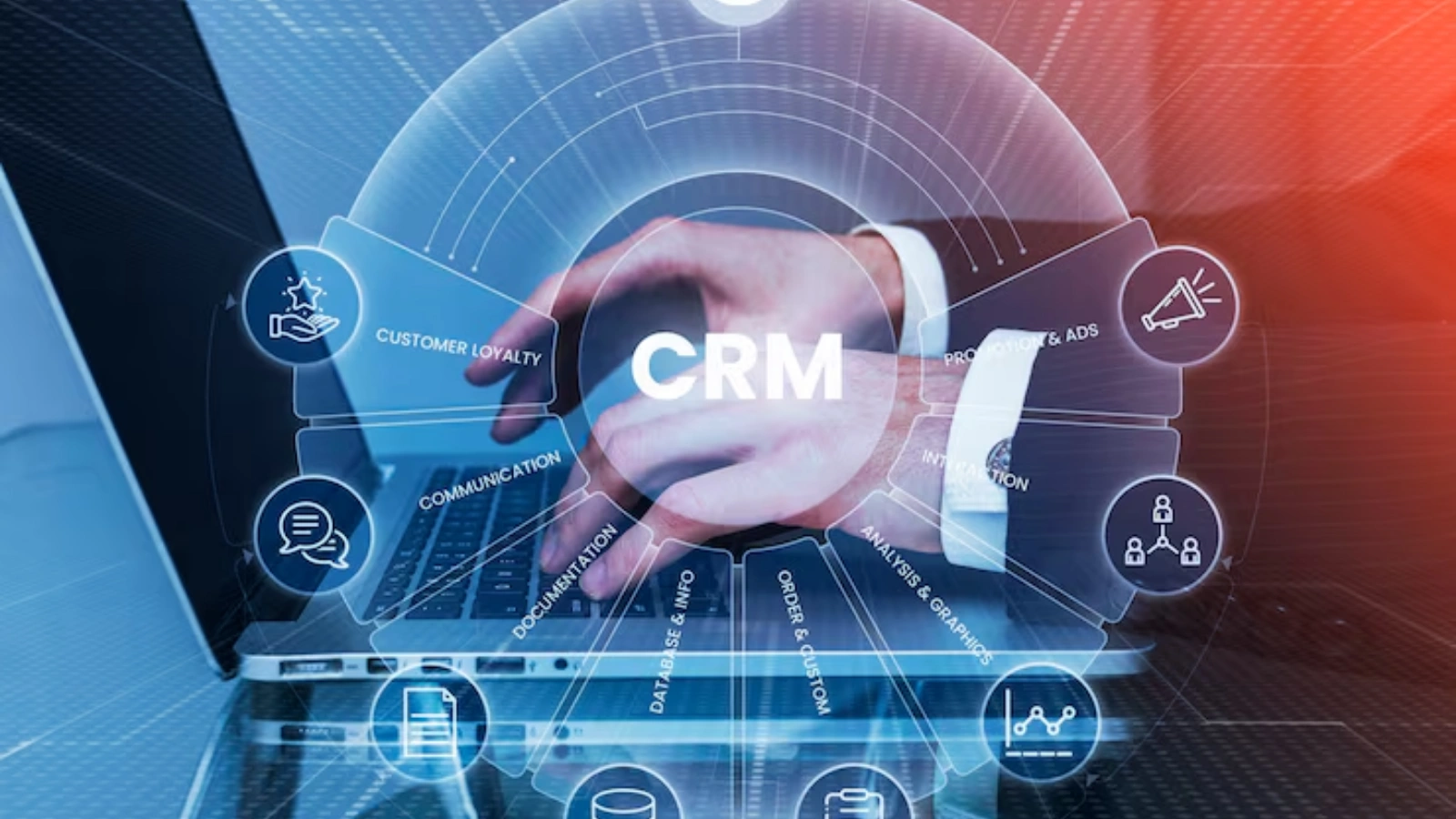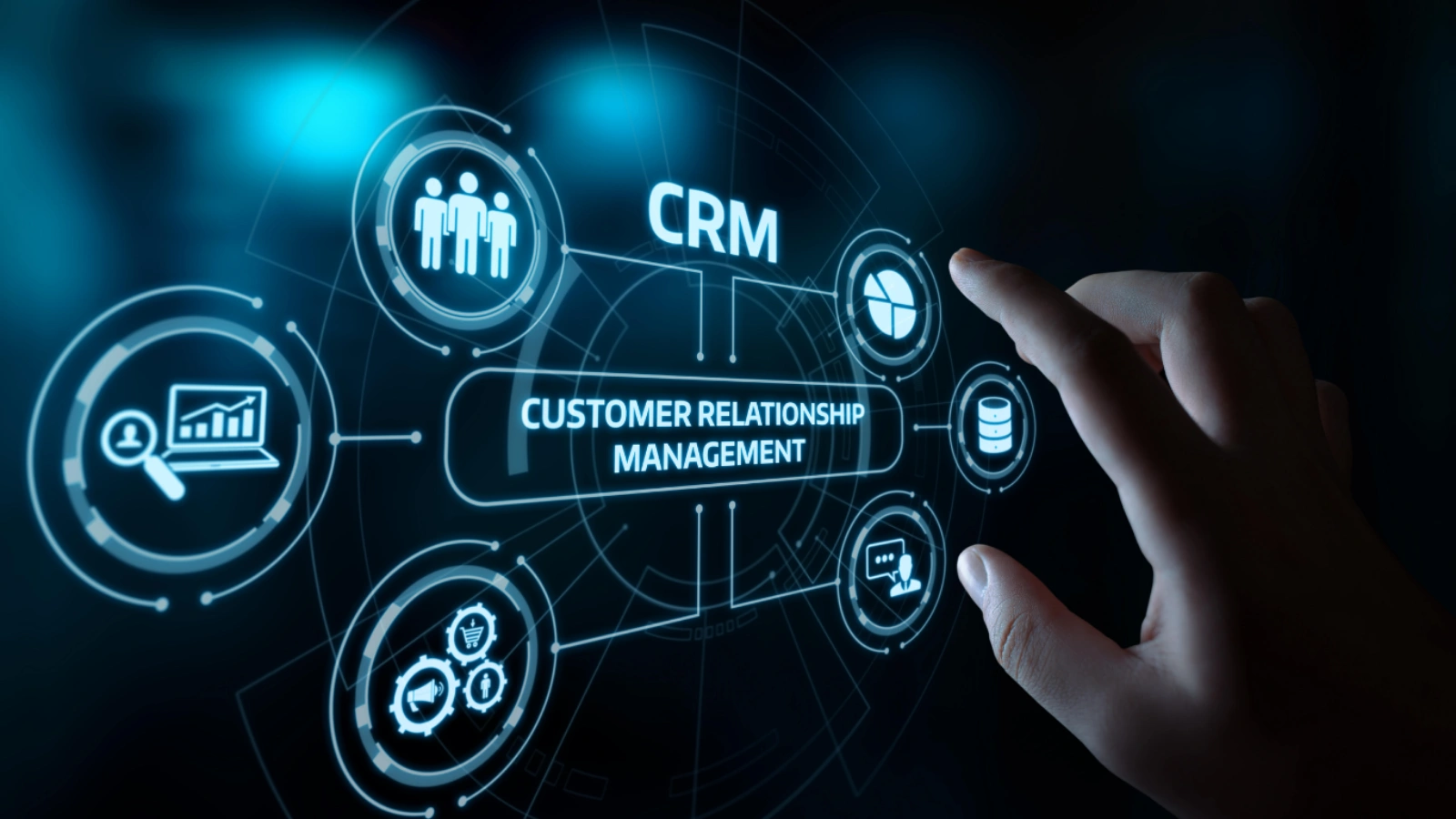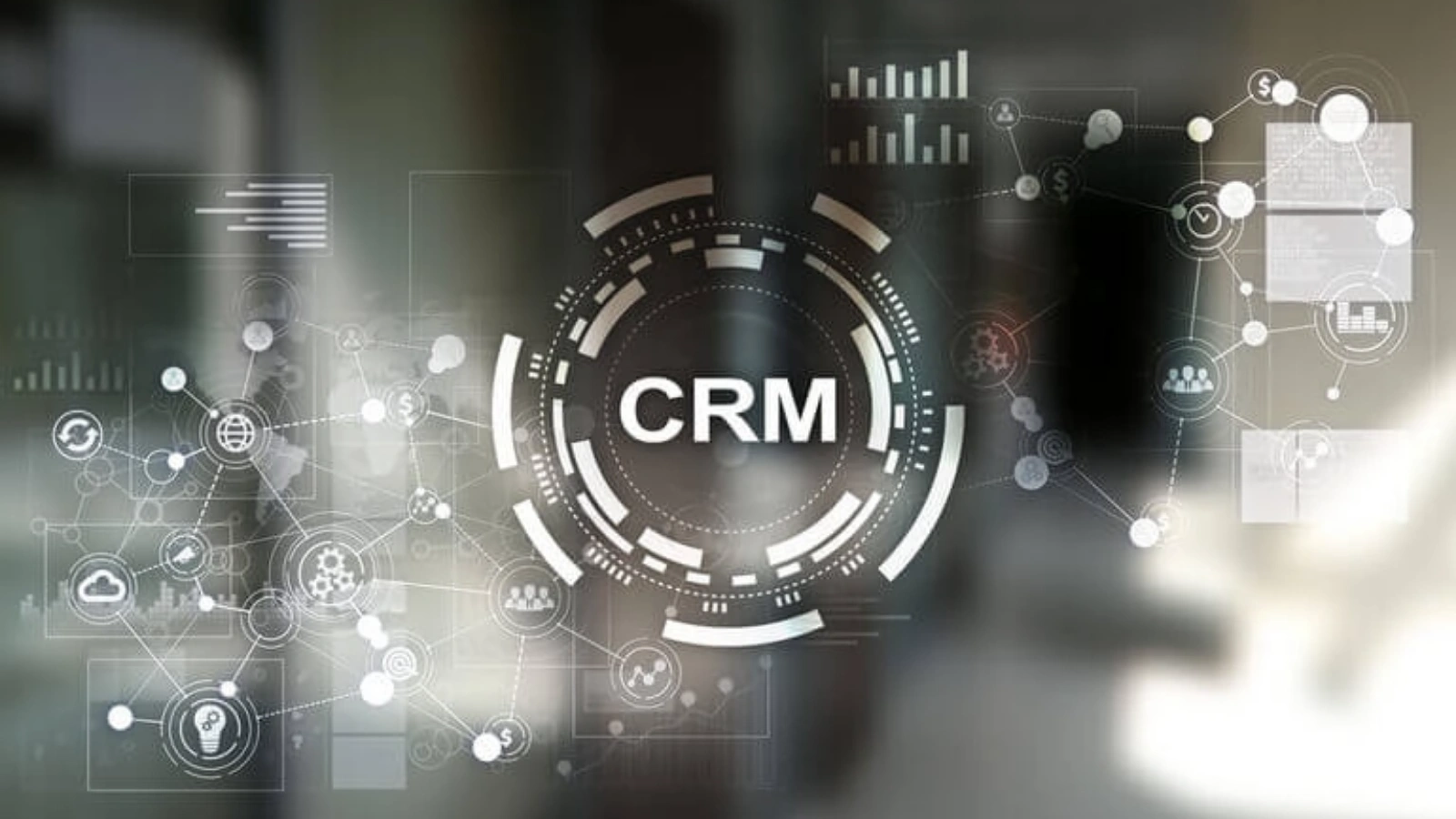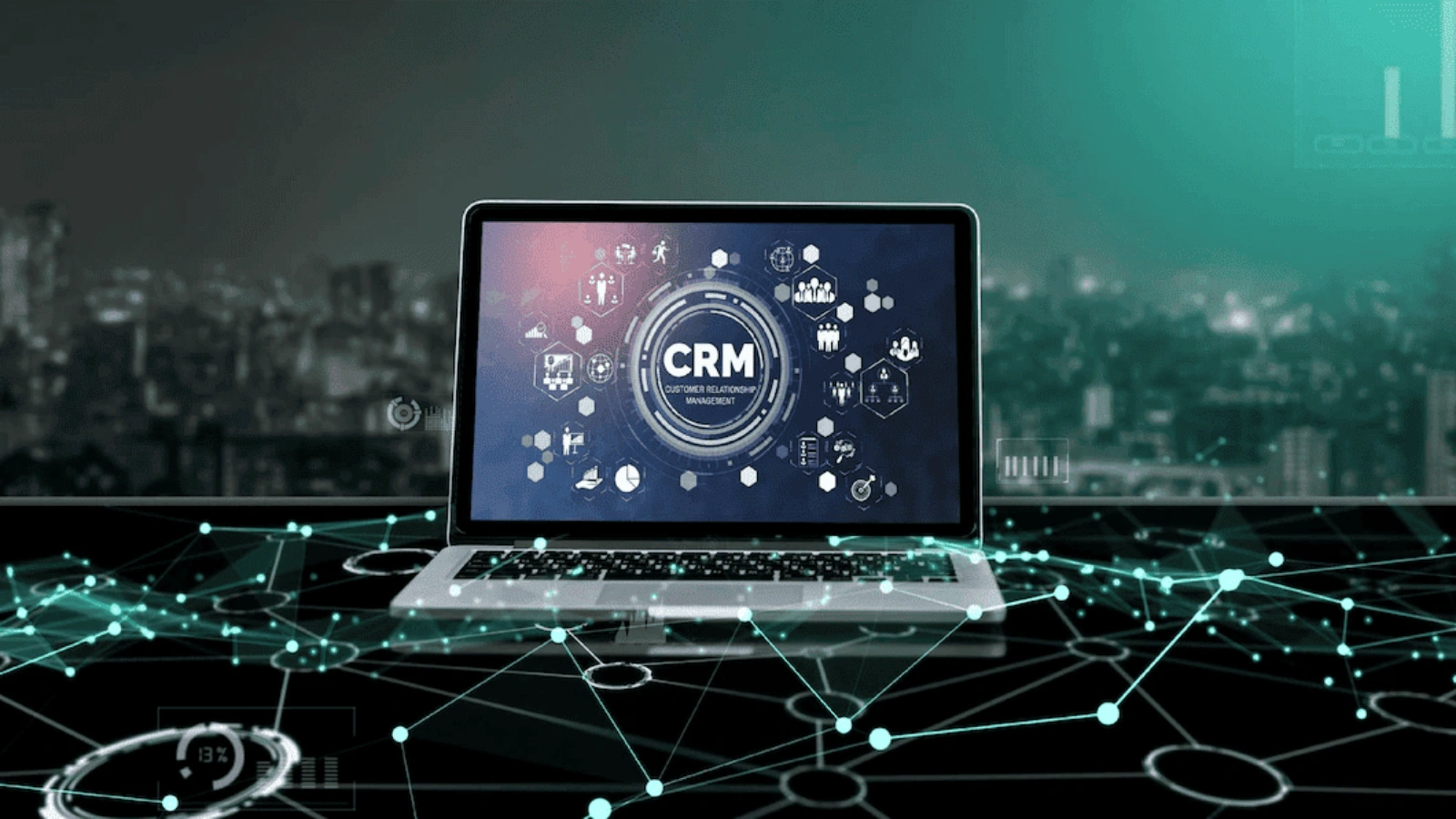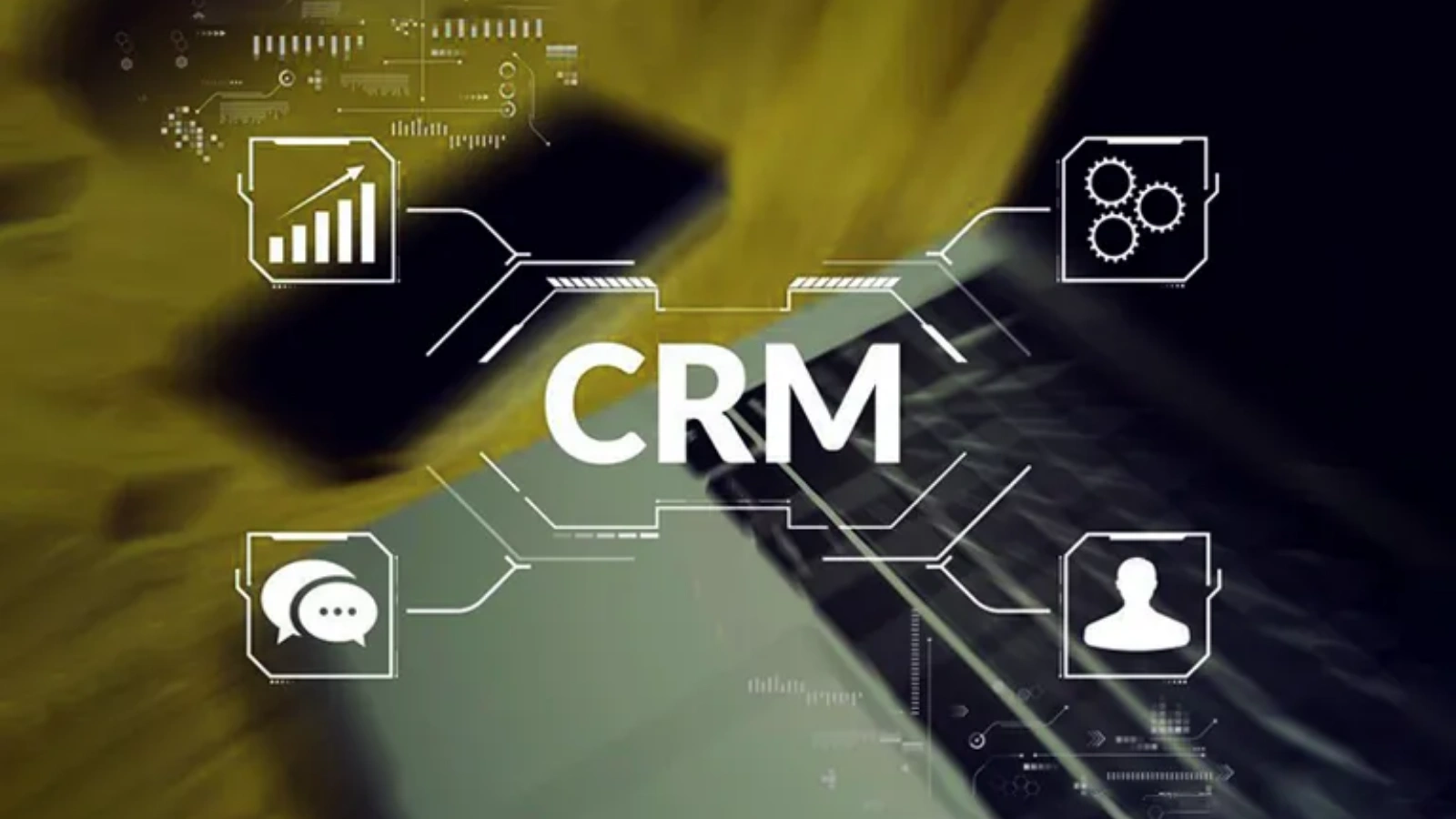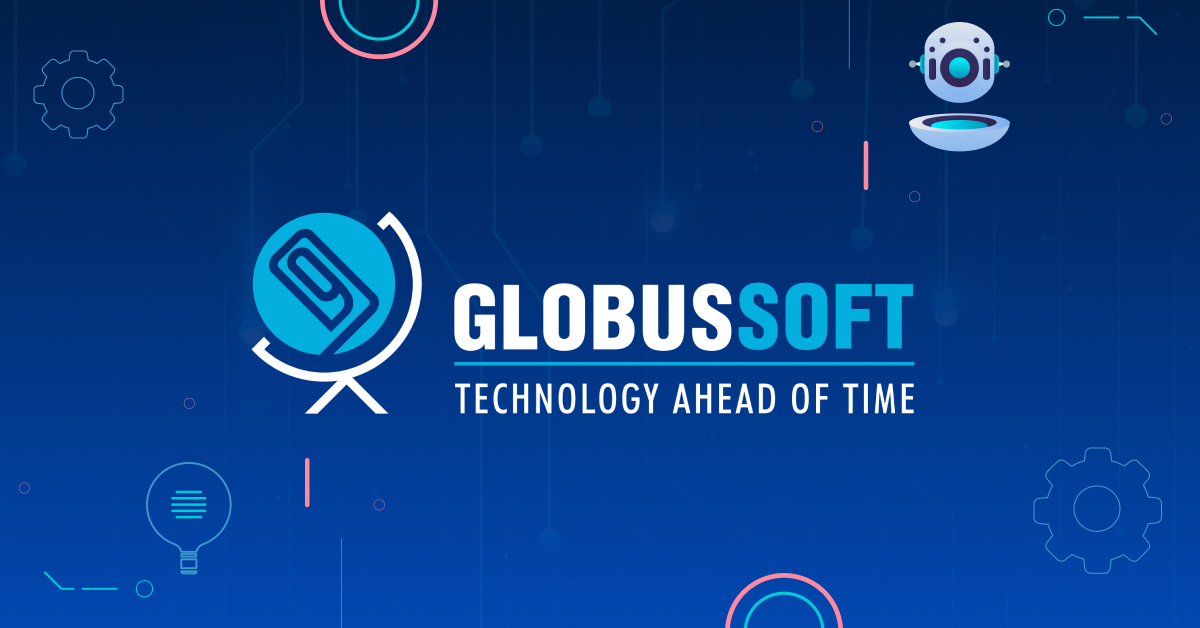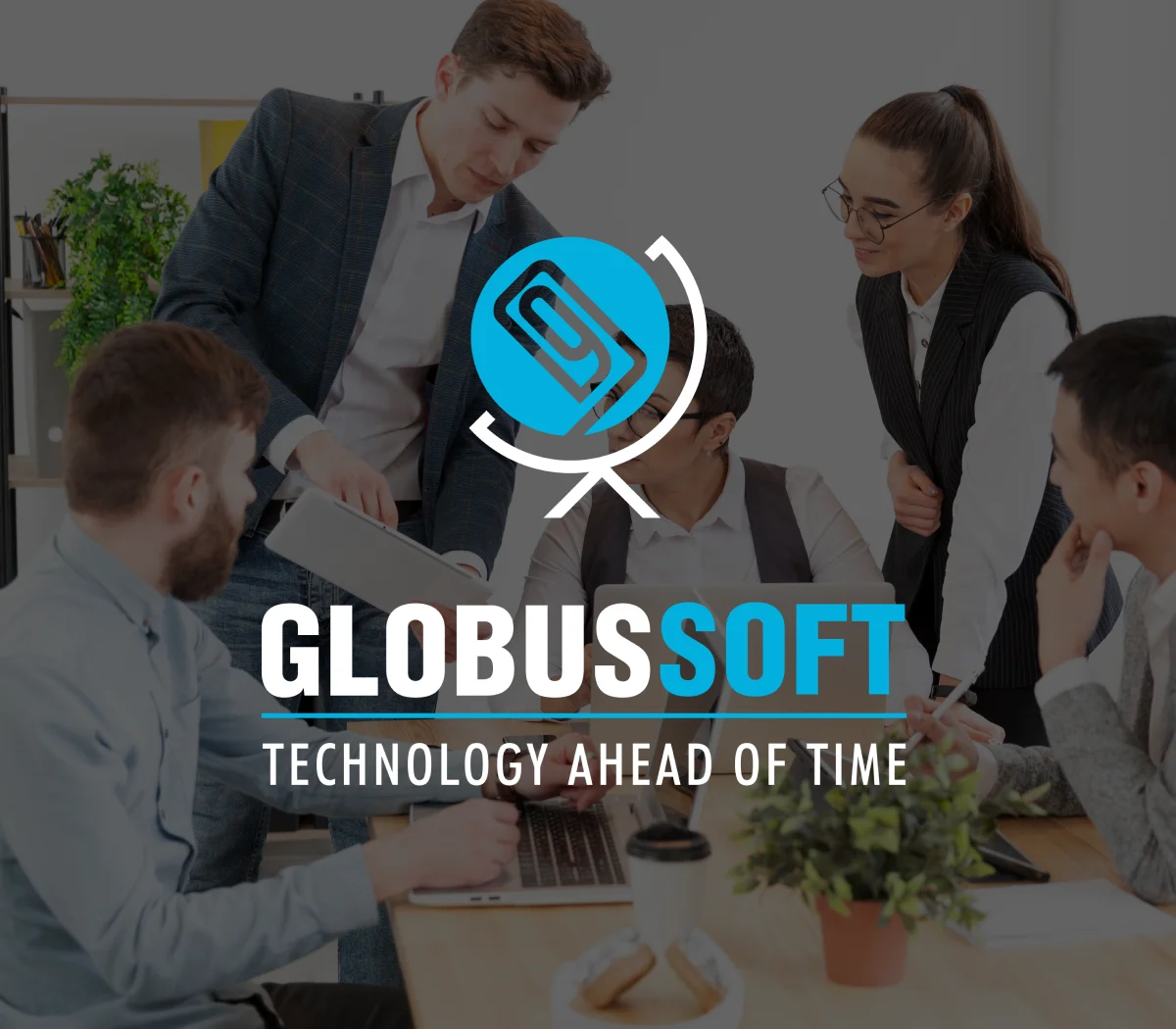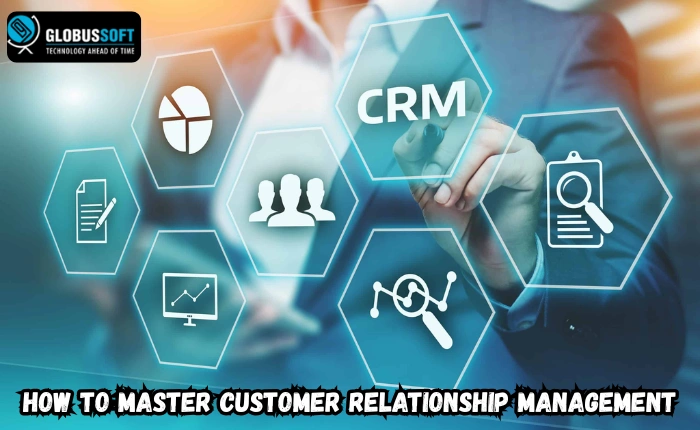
Today’s business world has become more competitive, fast-moving, and digitally dependent. To survive and scale, companies must build strong relationships with customers rather than focus only on one-time transactions. That is why customer relationship management plays such an influential role in shaping modern success stories. It goes beyond sales and deeply focuses on satisfaction, retention, loyalty, and meaningful communication.
Consumers expect personalized attention, quick resolutions, proactive engagement, and smooth digital journeys. Businesses that fail to prioritize these expectations struggle with rising churn, poor reputation, and declining revenue. Meanwhile, companies that invest in intelligent relationship strategies consistently enjoy higher lifetime value, repeat purchases, and stronger brand advocacy.
In this guide, we will explore how customer relationship management works, why it matters, how technology supports it, the future of relationship intelligence, and how leading solutions from Globussoft elevate workforce productivity and customer experiences together.
Hit ‘Play’ Button & Tune Into The Blog!
How Does Customer Relationship Management Help Businesses?
Customer relationship management is the strategic process of organizing, managing, and optimizing all interactions between a business and its customers. It supports communication from the first touchpoint to post-purchase engagement and maintenance.
Instead of maintaining scattered information across emails, phone logs, notes, and spreadsheets, companies build central systems to store customer behavior data, preference records, and communication history. This empowers teams to respond accurately, personalize solutions, anticipate needs, and even enhance support through innovative tools such as virtual reality experiences.
When implemented properly, customer relationship management increases transparency across departments, reduces confusion, minimizes repetitive conversations, and builds a positive emotional journey for customers.
Why Customer Relationship Management Matters?
Traditional selling is no longer enough. Customers today research online, compare reviews, and expect immediate assistance. They are easily influenced by social conversations and convenience. Because of this shift, it has become a competitive advantage.
Businesses gain deeper insights into behavior patterns, communication preferences, product engagement cycles, complaint trends, purchase history, and sentiment signals. With these insights, they can tailor support, improve product design, enhance marketing messages, and personalize offers.
Companies that actively use customer relationship management consistently report higher conversion rates, stronger loyalty programs, and increased organizational alignment.
Also Read:
How To Use Virtual Reality For Better Experiences In 2025?
What Are The Core Components Of An Effective CRM Strategy?
A successful CRM framework includes strategic building blocks:
Data Management:
Centralized storage of customer contact details, purchase history, complaints, support tickets, and follow-ups ensures every interaction is recorded. Modern CRM systems also sync data from social media, website forms, and mobile apps, eliminating manual errors.
Segmentation:
Customers are grouped by demographics, interests, buying behavior, or engagement level. Advanced segmentation helps brands tailor offers, launch targeted campaigns, and increase conversion rates with personalized messaging.
Communication Tracking:
Every interaction, emails, calls, chats, social comments, and field visits—is logged. This helps sales and support teams maintain context, avoid repeated conversations, and offer consistent, informed responses.
Process Automation:
Automated reminders, follow-up sequences, lead scoring, onboarding messages, and customer alerts reduce workload. Automation ensures no lead goes cold, and customer requests are resolved faster.
Analytics and Reporting:
Dashboards track KPIs like churn rate, response time, customer satisfaction, and upselling potential. Predictive analytics can even anticipate customer needs, helping businesses plan smarter strategies.
Together, these elements drive impactful customer journeys.
How Does Customer Relationship Management Improve Business Departments?
Customer relationship management creates a unified approach across marketing, sales, and support teams, eliminating guesswork and improving efficiency.
Benefits for Marketing Teams:
Marketing becomes more intelligent and data-driven. Teams can analyze behavioral patterns, identify the right messaging tone, and send campaigns at ideal times. Instead of blasting broad audiences, segmentation nurtures smaller groups with precise offers.
Automated email workflows, drip campaigns, and lead-scoring systems improve ROI. Most importantly, marketing results become measurable through open rates, click-throughs, and attribution models, helping refine future strategies.
Benefits for Sales Teams:
Sales cycles often involve comparisons, objections, and delays. CRM gives sales teams complete visibility over every lead stage. Executives can track conversations, record objections, attach proposals, and schedule reminders.
Managers can forecast revenue, spot high-value opportunities, and guide weaker performers. Over time, pipelines become predictable, closing ratios improve, and relationships strengthen.
Benefits for Support Teams:
Support heavily influences customer loyalty. CRM eliminates the frustration of repeating information by giving agents instant access to complete customer histories. They can provide faster, more confident resolutions.
Ticket prioritization escalates urgent issues, while automated replies reduce waiting time. Satisfied customers reward brands with stronger retention and positive referrals.
Cross-Departmental Alignment:
In many organizations, teams operate in silos. Marketing may not know support struggles, and sales may not see billing concerns. A CRM centralizes all data, enabling context-rich decisions.
When everyone shares the same information, communication becomes smooth, collaboration improves, and customers enjoy a seamless experience.
Together, CRM systems empower every department to work smarter, not harder, resulting in better conversions, higher satisfaction, and stronger long-term loyalty.
How Does Integration With Technology Strengthen Customer Relationship Management?
Modern businesses integrate digital systems to achieve higher efficiency and accuracy. Instead of using long manual workflows, organizations now rely on digital tools that streamline customer-focused operations through:
- Centralized interaction history to avoid repeated communication.
- Faster support handling through organized request tracking.
- Simplified sales record management for clear follow-ups.
- Reduced departmental confusion with transparent communication channels.
- Improved financial coordination when paired with connected billing tools.
- Real-time visibility into customer behavior for better decision-making.
Many companies also integrate customer relationship management with enterprise resource planning to unify:
- Supply chain movement
- Inventory distribution
- Financial data flow
- Internal resource allocation
- Order processing timelines
- Departmental reporting
When both platforms run inside an ERP system, the experience becomes:
- Seamless for employees handling multiple departments
- Quicker for customers awaiting updates
- More transparent across every touchpoint
- Consistent in terms of data accessibility
- Accurate for performance evaluation
- Reliable for long-term customer relationships
This rapid shift toward digital automation has encouraged innovative developers to create powerful software ecosystems that support business transformation.
Among the organizations driving this shift is Globussoft, a technology company known for building AI-powered digital solutions that support industries across the world, offering capabilities such as:
- Automation-driven workflow optimization
- Workforce intelligence and productivity tracking
- Centralized data insights for better decisions
- Security-focused digital infrastructure
- Scalable enterprise-ready software deployment
- AI-powered digital marketing and analytics using AI tools for marketing
How Is Globussoft Powering Digital Growth Through Intelligent Software?
Globussoft is an AI-focused software company dedicated to creating intelligent digital solutions for diverse modern industries. By leveraging advanced technologies such as Natural Language Processing (NLP), Web3 technology, and Generative AI, the company develops products that help organizations automate repetitive tasks, enhance decision-making, optimize productivity, and ensure data security.
With a strong team of 300+ industry experts and a global operational presence, Globussoft delivers scalable and customizable platforms tailored to meet specific business needs. Its solutions empower enterprises to embrace digital transformation, achieve higher efficiency, and stay ahead in an increasingly AI-driven world.
What Challenges Occur During CRM Adoption?
- Outdated or incomplete customer data can cause duplicate entries and inaccurate insights.
- Limited employee training leads to poor usage and missed features.
- Low leadership involvement reduces motivation and slows adoption.
- Complex system features may overwhelm teams when introduced all at once.
- Departmental data silos prevent smooth communication and reduce customer satisfaction.
- Resistance to change occurs when employees are used to manual or older processes.
To overcome these challenges, businesses should adopt a strategic rollout, provide consistent training, track performance, and collect continuous feedback to improve system efficiency.
Also Read:
How To Use AI Tools For Marketing To Boost Your Results?
How Does Data Integration Improve Collaboration In Customer Relationship Management?
EmpCloud integrates seamlessly with support channels, ticketing platforms, and workflow applications. It reduces fragmentation while supporting customer relationship management systems that require holistic visibility and smooth communication across departments.
When businesses combine a centralized workforce platform with an erp system, every task, invoice, product movement, and employee activity becomes traceable. This synergy builds trust, accuracy, and operational harmony for both teams and customers.
How Does Secondary Technology Synergy Enhance CRM?
Secondary technology synergy strengthens CRM by connecting crm management software with automation tools, analytics modules, and employee-focused platforms. When these technologies work together, customer data becomes more accurate, routine tasks are completed faster, and teams gain clearer visibility across every interaction.
Integrating CRM with enterprise resource planning helps unify operations such as inventory tracking, financial records, and resource allocation. This alignment ensures that sales, support, and billing teams all operate using updated, real-time information.
When enterprise resource planning and CRM function side-by-side, workflows become more organized and predictable.
By enabling smooth data flow between departments, businesses eliminate communication gaps, support smarter decision-making, and reduce manual workload. CRM becomes far more powerful when supported by connected technologies rather than used in isolation.
Conclusion
Customer experience defines modern business success. Companies that embrace thoughtful customer relationship management enjoy stronger loyalty, smoother workflows, higher conversions, and deeper trust. Technology amplifies these benefits when backed by intelligent workforce and automation systems offered by organizations like Globussoft.
By combining centralized customer data, automation, analytics, and employee productivity insights, organizations build a perfect balance between internal efficiency and external satisfaction. In an environment where competition grows daily, relationship strength becomes the ultimate differentiator.
Investing in smart tools, strategic communication, and internal performance systems helps create an ecosystem where every customer feels recognized, valued, and supported. That is how brands grow from service providers into industry leaders.
FAQs
1. How does customer relationship management improve customer retention?
Customer relationship management improves retention by personalizing communication, tracking behavior, and offering timely support. Automated reminders prevent missed follow-ups, while insights help businesses identify customers at risk of leaving. This builds satisfaction and long-term loyalty.
2. Can CRM systems integrate with social media platforms?
Yes. CRM platforms sync with social networks to capture comments, messages, and engagement data in one place. This allows brands to respond faster, monitor sentiment, and analyze campaign performance. It strengthens online customer support and improves reputation management.
3. What role does mobile access play in CRM efficiency?
Mobile CRM enables teams to access customer data, update records, and track activities from anywhere. It helps field sales and support teams respond instantly without waiting for office access. As a result, productivity and customer responsiveness increase significantly.
4. How does CRM support compliance and data security?
CRM systems use encryption, permission settings, and audit logs to protect sensitive customer data. Only authorized users can access specific information, reducing security risks. These features help organizations meet data protection standards and prevent unauthorized usage.
5. What is the impact of CRM on customer feedback management?
CRM centralizes feedback from tickets, emails, chats, and reviews, making it easier to analyze patterns. Businesses can assign issues to the right teams and track resolution progress. This leads to faster improvements in service quality and higher customer satisfaction.

